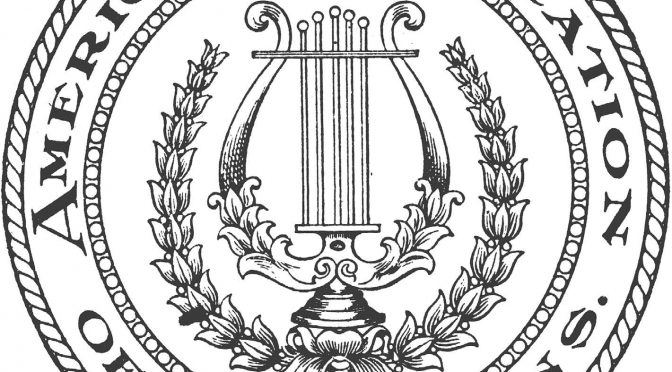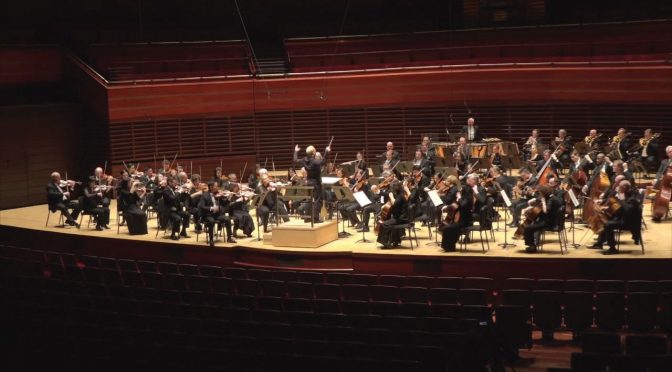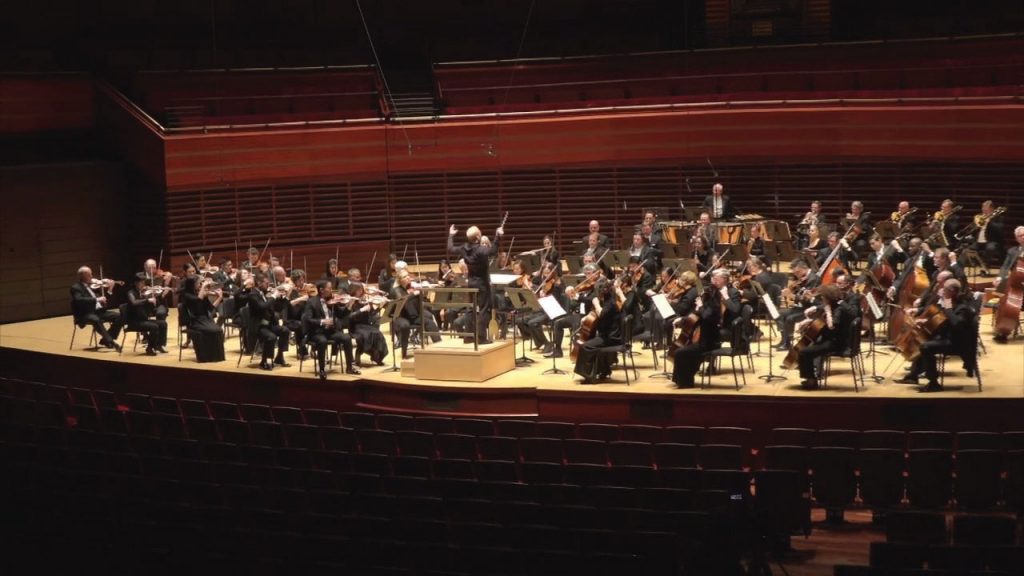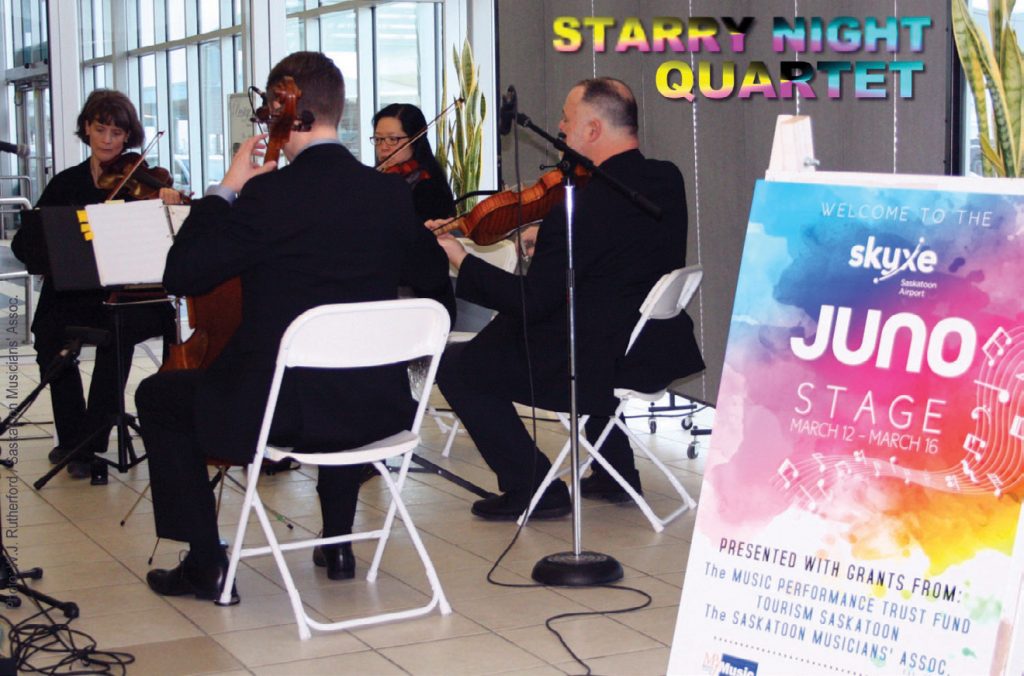
by Deborah Newmark, AFM Symphonic Electronic Media Director
As we all know by now, it has become impossible for orchestras to continue to perform concerts for their beloved audiences during the COVID-19 crisis. Music provides great comfort during challenging times, so it is extremely painful to our musicians not to be able to provide some solace as we move through this crisis. While this has been and will continue to be a rapidly evolving situation, the Symphonic Services Division (SSD) of the AFM jumped in early to negotiate a side letter to the Integrated Media Agreement (IMA) with the Employer’s Electronic Media Association (EMA) to cover electronic media that could be distributed to our audiences in place of live performances.
I, together with Rochelle Skolnick, SSD Director, had phone conferences with the EMA leadership and arrived at agreement on a side letter to cover streaming of either live performance taping without an audience present or use of archival material in case it was no longer possible for musicians to gather in their concert halls. When we first reached agreement, a few orchestras were still able to come into their workplaces and present a concert to an empty hall, but as days passed that option became impossible. As a result, orchestras who are EMA members or those signed to the IMA as an Individual Employer signatory, will be looking to their archives to stream performances to their ticket buying audience, their donors, and subscribers as well as those who provide contact information that will be useful for future ticket sales. Individual musicians or small ensembles from the orchestra’s roster will also be able to post material under the volunteer promotional language of the IMA (Article VIII.D) of material (expanded in this extreme case from a limit of 15 to up to 45 minutes in length) via their employers on the institution’s website or its social media pages.
The goal of the IMA side letter is to ensure musicians will be paid during this painful time. The agreement guarantees 30 days of wages from the date of the first posting. There are orchestras that would prefer to use some of the promotional opportunities available to them under the IMA or to release material for a media payment. Those options will always be available to IMA signatories.
If you have any questions about the COVID-19 side letter or use of any of the provisions of the IMA, please do not hesitate to contact me via email at dnewmark@afm.org or via cell phone at 646-269-1823.











